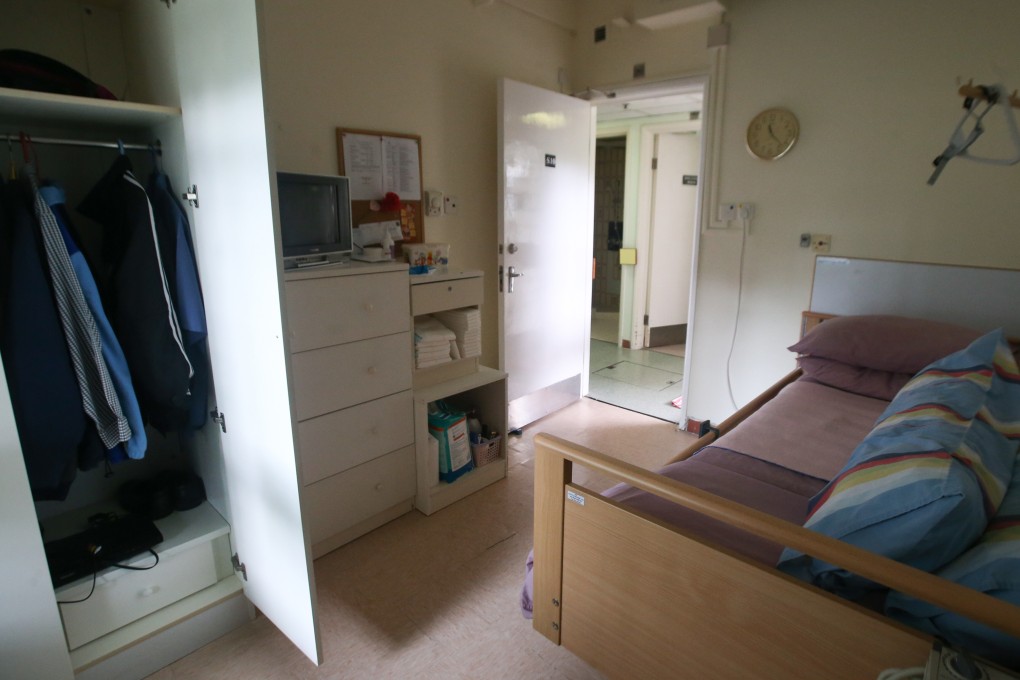Outside In | In our ageing societies, have we lost the art of dying?
- The pandemic makes the death of a parent in care even more devastating, as prolonged lockdowns have left those in nursing homes isolated and lonely
- Increasingly, being able to die in our own home, surrounded by family, will only be possible for a few

At 5.30am last Sunday, my mother died. Aged 93, she was in an Alzheimer’s fog that had been aggravated by crushing loneliness amid a year of pandemic lockdowns in an English care home that kept everyone who loved her from visiting her. In her last months, even coherently talking to her was an insurmountable challenge.
This was not the way anyone deserves to die, and it reminds me of Atul Gawande’s Being Mortal and how, despite the miracles of modern medicine, we seem to have lost the ars moriendi – the art of dying.
“It is not death that the very old tell me they fear,” said Gawande: “It is what happens short of death – losing hearing, memory, best friends, way of life … [It is] the betrayal of body and mind that threatens to erase our character and memory, and remains among our most awful tortures. We live in a society that faces the final phase of the human life cycle by trying not to think about it.”
It is a final phase that is nowadays rarely spent at home surrounded by a caring family, but in a nursing home – safe, but regimented and full of impersonal routines that cut off all the things an older person cares about, empty of friendships, privacy and a purpose in each day.
This institutionalised, lonely end is a peculiarly modern fate. As late as 1950 in the United States, most people died at home. But, by 1980, this had declined to less than a fifth. For thousands of years, most humans died one way or another by the age of 30.

Gawande recalls how, even in 1790, less than 2 per cent of the US population was aged over 65 – compared with around 20 per cent today in many countries in the affluent West. But, as old age has become more common, so our capacity to deal with death in old age seems to have deteriorated.
